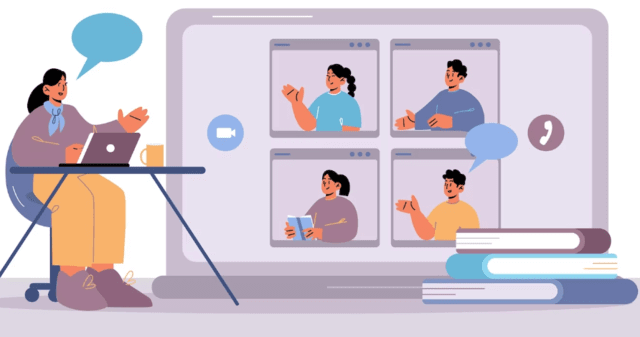There are several modal verbs in English such as would, could, can, must, might, and a few others.
Today you will learn more about can and could so you can make affirmative, negative, and interrogative sentences with them
| I can make another request | I could make another request |
| I can’t spend any more money | I couldn’t spend any more money |
| Can you lend me your phone? | Could you lend me your phone? |
Now let’s check each one of these modals in detail
Uses of The Modal Can + Examples
These are some of the most common uses of the modal can:
We use the modal can to make general statements about what is possible:
- It can be a very painful proceure
- It can be very cold in winter.
- It can be very expensive but it is worth it
- You can easily lose your job acting like that
We use the negative can’t or cannot to show that something is impossible:
- that can’t be possible
- That can’t be true.
- That can’t happen
- You can’t be serious
We use can to talk about someone’s skill or general abilities:
- She can speak several languages.
- She can play soccer very well
- She can sing better than I do
- He can’t dance really well
We use can to ask for permission to do something:
- Can I eat these cookies?
- Can I ask a question, please?
- Can I drive your car?
- Can I have a word with you?
We use can to give permission:
- You can start working again
- Students can travel free
- You can go home now if you like
- You can play whenever you want
We use can I … to make offers
- Can I buy a drink or coffee?
- Can I help you?
- Can I get you something to eat?
Uses of the Modal Could + Examples
These are some of the most common uses of the modal could:
We use could as the past tense of can:
- It could be very hot in the summer.
- You could lose your money if you continue gambling
- She couldn’t phone you earlier
We use could to show that something is possible in the future, but not certain:
- If we don’t hurry we could be late
- If we don’t do the homework, we could fail the course
- If they catch us, they could hurt us
We use couldn’t/could not to talk about the past:
- We knew it could not be true.
- He was obviously joking. He could not be serious.
We use could to talk about past ability to do something:
- She could speak three languages
- I tried but I couldn’t open the bottle
- They couldn’t dance electronic music really well
- I could speak german really well when I was in my 20’s
- I could swim when I was 5 years old.
- My grandmother could speak seven languages.
Could is more formal and polite than can:
- Could I ask a question please?
- Could we go home now?
- Could I tell you something?
We use could you and as a polite way of telling or asking someone to do something:
- Could you take a message please?
- Could I have my bill please?
- Could you open my door for me ?
- Could you drive home please?
Exercises: Can and Could
These are some exercises to help you practica what you have learned about the modals can and could
